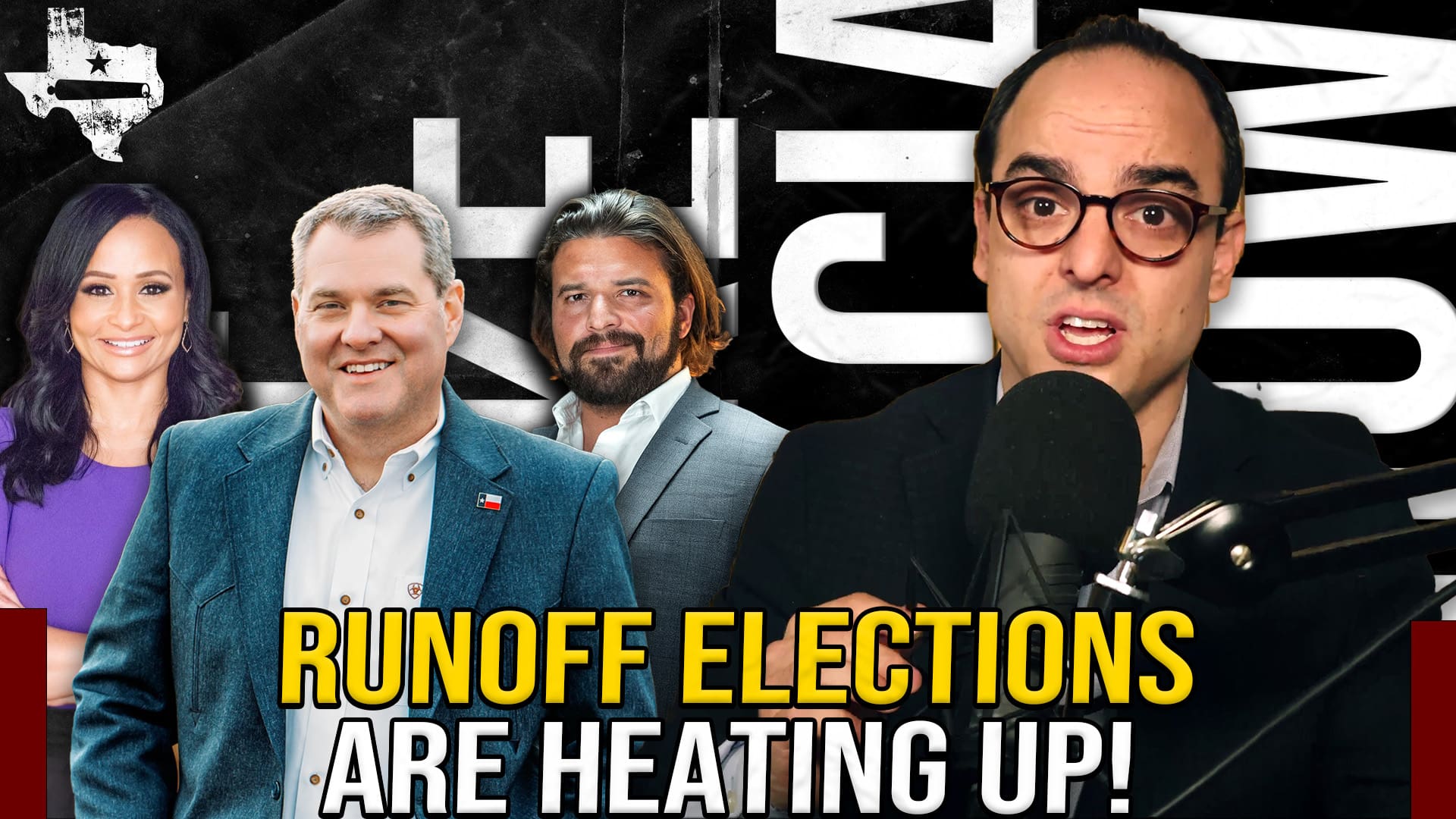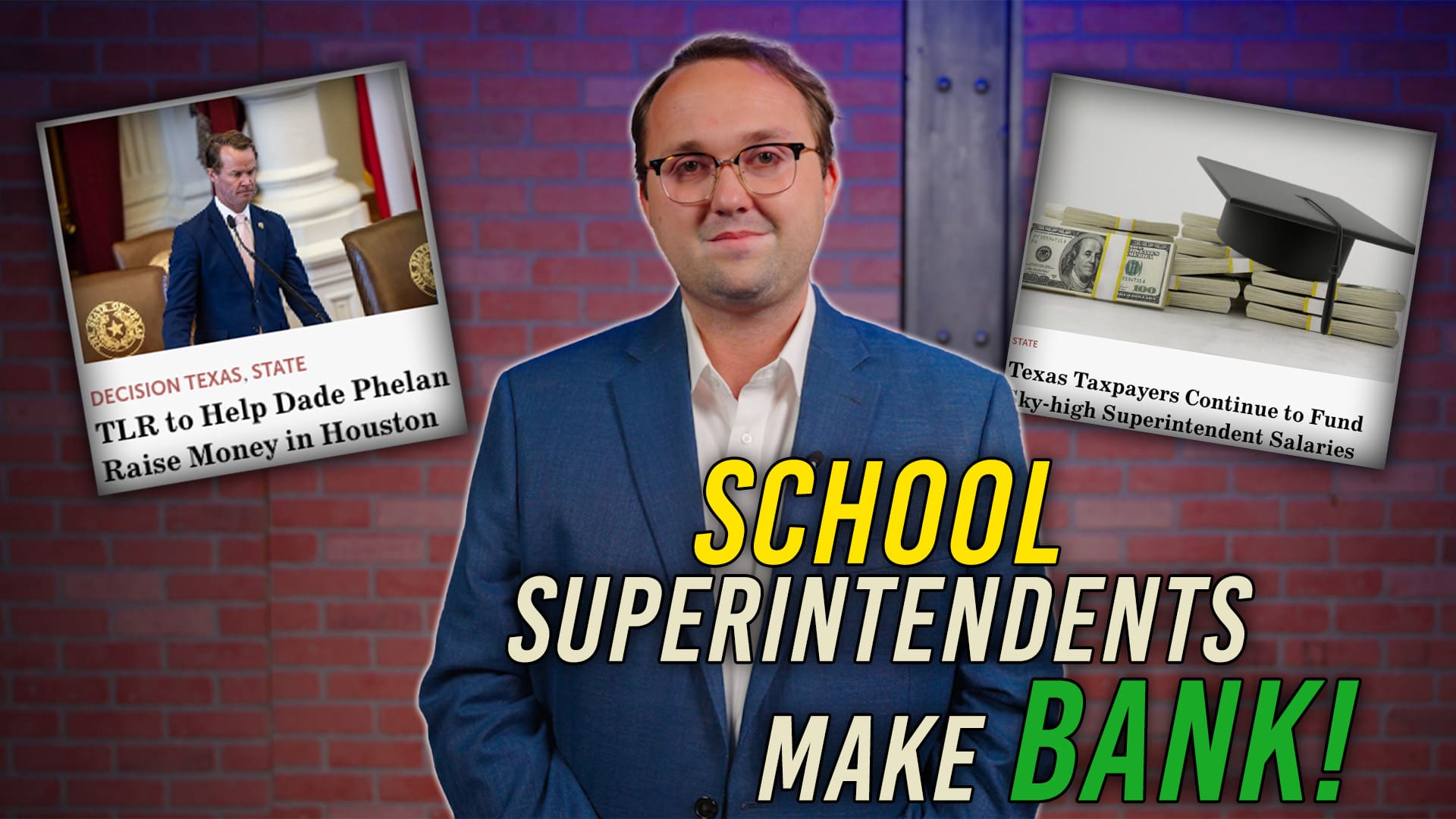Texas prides itself on its vibrant economy and pro-business climate, but often-overlooked local regulations are stifling innovative new businesses wildly popular among millions of Texans who benefit from increased job opportunities and travel services.
Last month Uber and Lyft ended services in Galveston, citing “burdensome regulations” imposed by the city council. Some of these regulatory burdens include capping the amount of drivers allowed to register, charging a city-imposed registration fee, requiring drivers to go through additional background checks including fingerprinting, and requiring drivers to get additional inspections for their vehicles on their own time.
These local protectionist policies of ridesharing services have played out in city halls across the state who aim to protect the taxicab industry and other established providers from innovative competition.
- Austin – Passed regulations, but after gathering 65,000 signatures in 21 days, Uber and Lyft successfully petitioned Austin to place the prohibitive laws on the May ballot.
- Beaumont – Worked with Uber to pass ridesharing-friendly regulations allowing for continued service.
- Corpus Christi – Uber is currently determining its future after they passed similar burdensome regulations.
- Dallas – Launched undercover sting operation to intimidate drivers by issuing excessive fines, before attempting to pass onerous regulations. Local officials backed away after receiving intense backlash from citizens.
- Fort Worth – The city is currently drafting an ordinance to be implemented in April; Uber says they are monitoring this process to see its impact on their bottom line.
- Galveston – Regulations have forced Uber and Lyft to halt services altogether as of February 2016.
- Houston – The only city where Uber decided to accept the burdensome regulations, while Lyft decided to suspend service.
- Midland – Regulations forced Uber to suspend service as of February 2016.
- San Antonio – Uber has returned after striking a deal with the city for a nine-month pilot program related to their regulations.
Houston is the only exception where Uber has chosen to work within regulations imposed by the city. Though they keep their ridership data a secret, it is assumed that Houston’s market is profitable enough to allow the returns to outweigh the regulatory burdens. Cities who seek to regulate Uber should follow the example of Beaumont and San Antonio officials who agreed to treat the service more in line with actions taken by cities in markets across the country.
To put the government burden imposed on Uber and Lyft in perspective, for a family of four to travel from Bush Intercontinental airport to the cruise ship ports in Galveston it would cost roughly $325 in a traditional cab, $240 on an airport shuttle, but only $200 in an Uber.
Not only does Uber provide cleaner and more readily available services than traditional cabs, they are reducing drunk driving incidents.
A report commissioned by Mother Against Drunk Driving found that in markets that Uber operates the number of drunk driving crashes by people under 30 dropped by 60 per month. In Miami, the report notes, that Uber’s peak request time is at the same hour that the city has historically found the most drunk drivers.
There is no question that Uber is the better option, the question is why do local officials in Texas find the need to impose burdensome regulations when they see the success of this new industry?
Taxi drivers unions, who often support local candidates and officials, are the driving force behind local attacks on ridesharing services. They vehemently oppose Uber because the increased competition forces them to provide better, cleaner, and faster services. This is another case of local officials siding with politically connected special interests rather than encouraging innovation that provides much needed jobs and benefits the interests of the general public.




